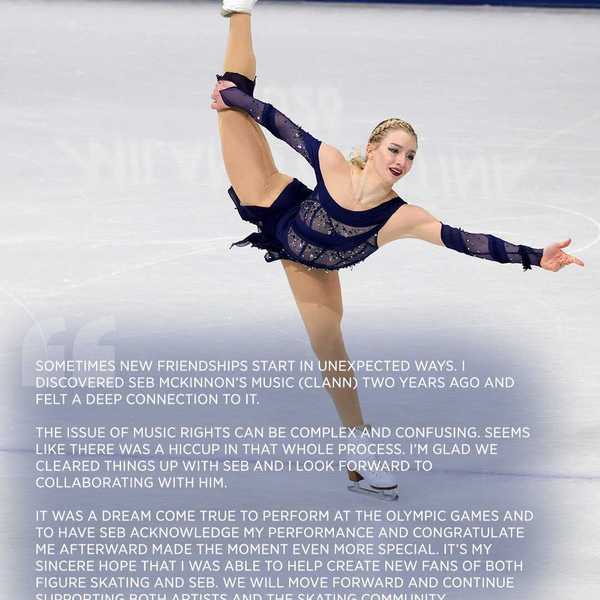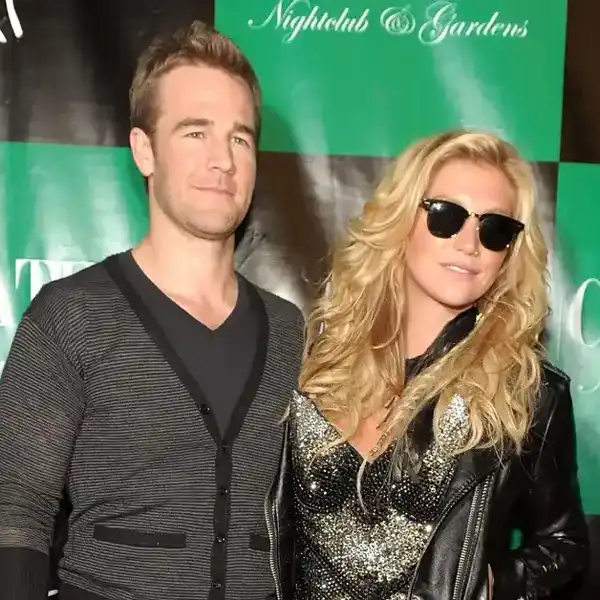When 'Free Promotion' Doesn't Pay In A Digital World
Before digital platforms, it was pretty clear what constituted free promotion that contributed to record sales and concert attendances, but the economies of scale have shifted and what once worked may now be working against an artist's best interest and income.

By External Source
Whether you’re listening to something on the radio or listening to a song on Spotify, for the end user they’re listening to music. There is no difference. Okay, on Spotify you can choose what you want to listen to and when you want to listen to it, but effectively it’s the same experience.
And one of the things which we think about quite a lot is there’s only so much consumption time that you have: there’s limited amounts of time in anyone’s day for their music consumption: television, YouTube, radio, Spotify, Netflix all competing for a slice of your time.
People say ‘Well we’re just going to put it on YouTube because it’s promotional’ and it’s like ‘I’m sorry? There is no more commercial platform than YouTube!’ Owned by one of the world’s biggest commercial companies, Google. So, we can’t look at that as promotional.
YouTube is the world’s biggest music service: the most amount of people, the most amount of music. If we give our rights or access to our artists to whoever it is – whether it’s radio, a blog, a YouTuber – and if we say that those rights are ‘promotional’ because you’re going to do something else [as a result] I think as an industry we’re running in to problems.
Someone watching something on YouTube doesn’t go ‘Oh actually, I’m just going to go off to Spotify and play the song because I liked that so much’. All they’re going to do is watch something else on YouTube.
– Beggars Group’s Simon Wheeler talking about a different kind of value gap, as reported by Stuart Dredge in Music Ally

















